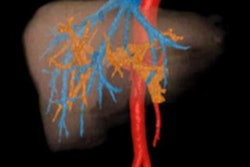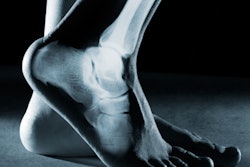Dear AuntMinnieEurope Member,
Late on 1 October Central European Time, the Journal of Medical Ethics published an intriguing embargoed article. Prof. Katrina Bramstedt, an ethicist from Bond University, Queensland, Australia, claimed the COVID-19 pandemic has created a flood of potentially substandard research amid the rush to publish, with a string of papers retracted or under a cloud and a surge in submissions to preprint servers, where fewer quality checks are made.
Many AuntMinnieEurope readers will have noticed that the Maverinck was well ahead of the game by putting forward much the same argument in his new column on Tuesday. If you missed his hard-hitting article, do make sure you read it.
There is very little evidence in the literature about the relationship between reporting speed and errors in radiology. Dr. Stefan Lazic, from St. George's University Hospitals National Health Service Foundation Trust in London, has addressed this subject in a study presented at the U.K. Royal College of Radiologists' (RCR) online learning program. To find out more, go to our news report in the CT Community.
At the same RCR event, columnist Dr. Paul McCoubrie shared his thoughts about how to cope with and minimize the career dips we all suffer during our working lives. This was by far our most viewed article this week.
Some clinical radiologists remain skeptical about the true value of 3D rendered images. They look nice, but what additional information do they really provide? To read the latest expert analysis in this area, visit the Advanced Visualization Community.
Along with predictive imaging and lung cancer screening, artificial intelligence will be an important theme at the Journées Francophones de Radiologie, the annual congress for the French-speaking radiological community, which runs from 2 to 5 October. Go to the Artificial Intelligence Community for more information on the event, and check back to our homepage for updates over the next few days.



















